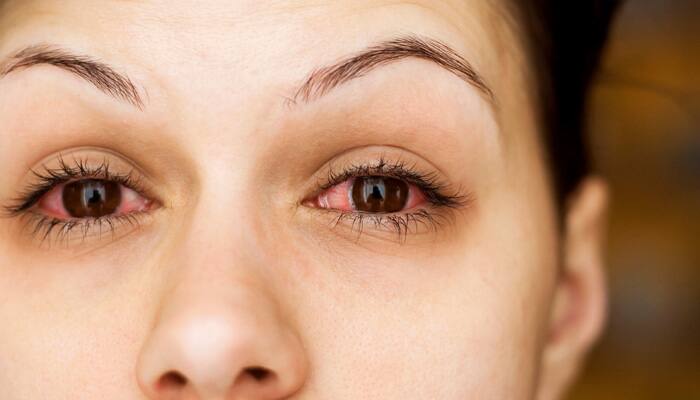Here's what your eye colour says about your health!
Here's what your eye colour says about your health!
1/6

The eyes - considered as the windows to the soul - are actually windows to our health as well. Whether they're brown, hazel, green, blue, gray, or somewhere in between, it reveals you more about yourself and your risk for certain diseases than you might expect. Here are some common beliefs your eye colour might reveal about your health and well-being:
2/6

You're less likely to develop macular degeneration. It is said that the darker your eyes appear, the more UV light protection. UV light is a risk factor for macular degeneration. If you're in this category, you're also less likely than light-eyed people to have eye and skin cancer. However, you've a higher risk of vitiligo - white patches of hair and skin. It may be noted that vitiligo patients have an increased risk for other autoimmune diseases such as lupus, type 1 diabetes, and thyroid disease.
3/6

If you have hazel eyes, this could mean you're more susceptible to harmful effects of the sun. You'r also more vulnerable to pain and anxiety than those with lighter-colored eyes. Although hazel eyes are fascinating, people with this eye colour can develop certain types of ocular cancers, like intra-ocular melanoma.
4/6

Lighter-colored eyes may mean an increased risk for cancer. Melanoma is more common in people with blue eyes. As per a study, published in the American Journal of Medical Genetics: Neuropsychiatric Genetics (Part B), people with light-colored eyes such as blue, green, grey, and brown in the center but lighter around the edges have a higher frequency of alcohol dependency compared to those with darker eyes.
5/6

As those with blue eyes, you have a higher risk of eye melanoma because your light eyes provide less protection against UV rays. As per a study by American Pain Society (APS), women with light-colored eyes may have a higher tolerance for pain, and lower risk of anxiety and depression, particularly during labor and after childbirth.
6/6



















